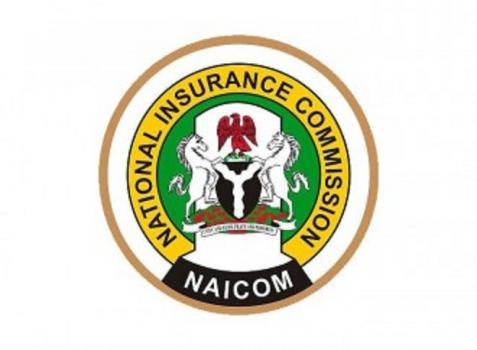The National Insurance Commission (NAICOM) has released new operational guidelines for Insurtech companies in Nigeria, in a move aimed at improving innovation, protecting consumers, and growing digital insurance in the country.
The announcement was made through an official statement issued by NAICOM, stating that the new framework will come into effect from August 1, 2025. The guidelines follow months of consultation with stakeholders in the insurance and technology sectors.
According to the Commission, the new rules provide a clear and uniform regulatory path for Insurtech licensing, operations, and oversight. The aim is to support responsible innovation in the insurance industry while maintaining consumer trust and safety.
NAICOM noted that the guidelines are designed to support the development of new, creative insurance products, improve customer experience, and protect the interests of policyholders. They are also meant to remove confusion in the system by offering clarity on regulatory standards.
The guidelines are part of broader efforts to modernise the Nigerian insurance space and integrate it with the country’s expanding digital economy. Insurtech, which refers to the use of technology to simplify and improve insurance services, is fast becoming a key part of Nigeria’s financial services sector.
One of the major objectives of the new rules is to create an enabling environment for both existing and new Insurtech operators. NAICOM is providing licensing structures for two categories of players – Partnering Insurtechs and Standalone Insurtechs.
Partnering Insurtechs are allowed to operate only in collaboration with already licensed insurance companies. They will be able to sell or manage specific types of insurance as agreed with their partner insurers.
On the other hand, Standalone Insurtechs will be licensed to operate independently and offer a broader range of insurance services. However, NAICOM noted that certain products will be excluded for standalone firms. These include oil and gas insurance, marine and aviation insurance, retirement life annuities, and insurance of government properties and liabilities.
To operate legally, all prospective Insurtech firms must apply following the procedures listed in Schedule I of the new guidelines. NAICOM reserves the right to issue licenses with specific conditions, based on current laws and the new framework.
The Commission also laid out key prudential and market conduct requirements. These include rules on risk management, investment handling, outsourcing arrangements, and actuarial standards. Insurtech companies are expected to meet these standards to ensure financial stability and consumer safety.
Another critical area covered in the guidelines is dispute resolution. NAICOM stated that any dispute between an Insurtech firm and a partnering insurer must first go through the arbitration process stated in their partnership agreement. However, customers who have complaints or unresolved issues can take their cases directly to NAICOM for review and possible resolution.
NAICOM has given a 30-day compliance for all existing Insurtech firms and related businesses to align with the new requirements starting from August 1. Any firm not in compliance by the deadline risks penalties or revocation of operations.
The Commission explained that the guideline supports not just innovation but also ensures that consumers are not exploited by unregulated players in the growing Insurtech space. With the rise of digital services across Nigeria, NAICOM believes that creating a balanced environment where technology can thrive without compromising the public interest is crucial.
This development also supports Nigeria’s goal of boosting financial inclusion, increasing insurance penetration, and building a stronger fintech ecosystem that includes insurtech players.
Industry experts believe the move is a step in the right direction as the market continues to evolve. By laying down clear operational rules, NAICOM is expected to attract more serious investors and technology startups into the insurance value chain.
